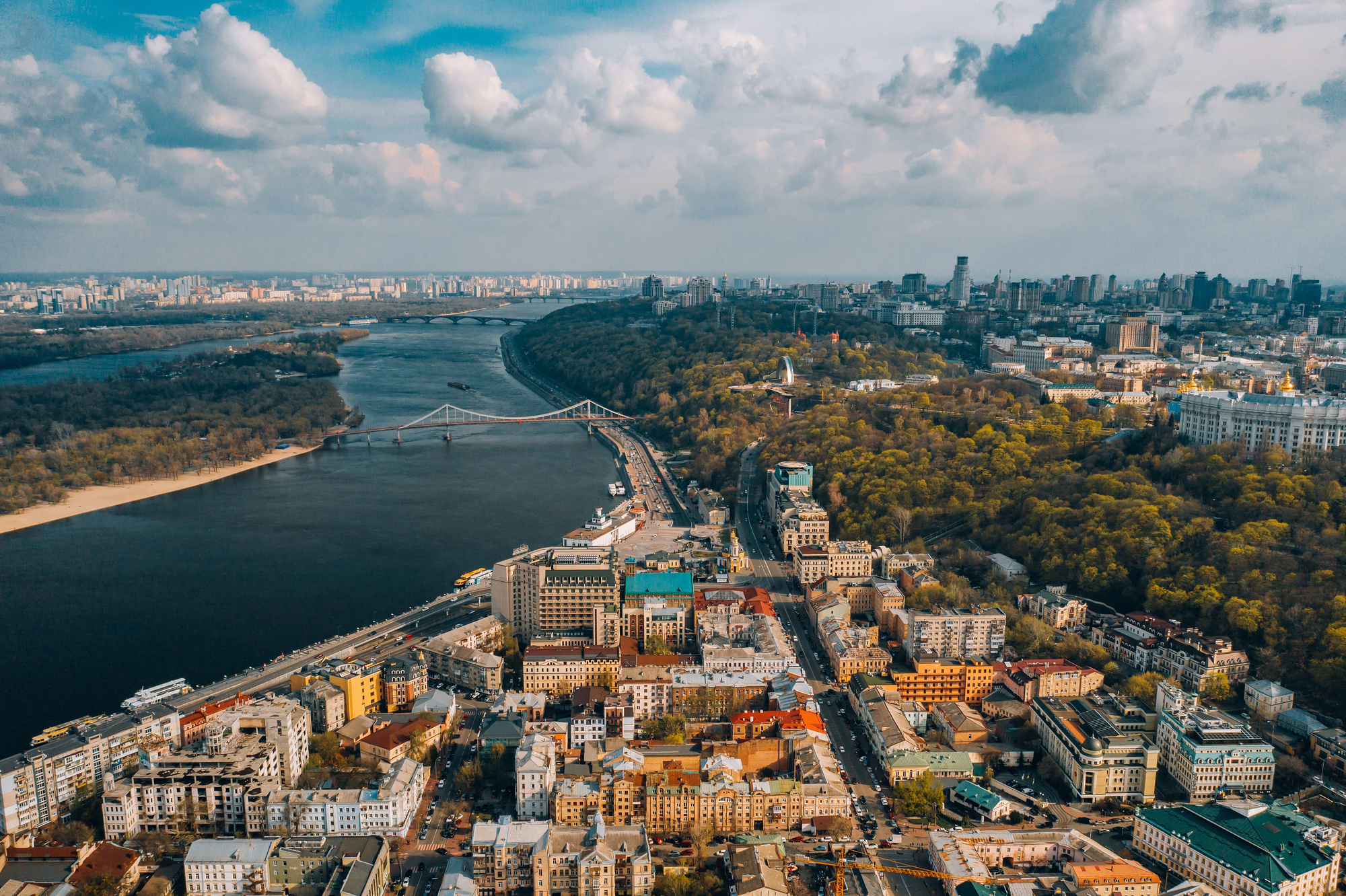Something remarkable has happened in Germany. Just one year ago, Ukraine was a country that hardly any German politician would take seriously or attribute political agency to. Ukraine was part of a corrupt no-man’s land situated somewhere between Russia and the EU. It didn’t really exist. Within a year, the situation has dramatically reversed. Ukraine has managed to firmly establish itself on Germany’s map of Eastern Europe. The question is, why did it take so long and what can Germany learn from it?
The view that Eastern Europe – with the exception of Russia – does not really exist has a long tradition in Germany, especially among the current generation of politicians, whose history education in schools was heavily tilted towards Western Europe. In fact, many people in Germany leave school – some after seven years of history lessons – without having ever heard of the Grand Duchy of Lithuania or the Polish-Lithuanian Commonwealth, not to speak of Ukraine.
In many schools, Eastern European states would be introduced for the first time just to let them come to an end: the various rounds of divisions of the Polish-Lithuanian Commonwealth at the end of the 18th century, for instance, are studied in great detail. At the same time, there is virtually no time to study the four-century-long existence of the Polish and Lithuanian states before their demise. This is important because the Polish divisions present Russia and important Central European powers (Prussia and the Habsburg Empire) as the sole actors. This fosters the view that the place between them is simply something to be bargained over. The place in the middle doesn’t really exist – in fact, it simply ends.
The next occasion where German history lessons would make contact with Eastern Europe is WWI. The war in the East, however, is not taught in great detail; the focus is mainly on what happened on the Western fronts. The only relevant outcome for the East that is taught, besides the territorial losses for Germany of course, is the Bolshevik revolution in Russia, which is studied in quite some detail. Again, this portrays Russia as the only place in the East with political agency.
And things don’t look better when it comes to teaching WWII. History lessons force Germans to acknowledge that Nazi Germany was the main culprit for starting the war. Students also study the atrocities Germany committed in Eastern Europe, including the concentration camps. Yet, these atrocities have no real location on the map and there is no serious discussion about the nationality of the people involved. In fact, very few in Germany would know that most of Germany’s war in the East was fought on the territories of Ukraine and Belarus.
Instead, the common view is that Germany fought in and against Russia during WWII. And on this war, there is – quite surprisingly – a common understanding with postwar Russia. Both nations have conveniently agreed that Russians were the victims and the victors of WWII, while Germany was the aggressor, but one that has learned its lesson from history. Again, this is an understanding that leaves out all places in the middle and an aberration of history: relative to population size, deaths were highest in Belarus and Ukraine, and it was Russia that – together with Germany as an ally – set in motion WWII.
When Russia invaded Ukraine in 2014 and occupied Crimea and other Ukrainian territories, the vast majority of Germans did not grasp the significance of these events. They have no knowledge about Crimean history, which is not taught in German schools, where even Byzantium and the Mongol Khanates do not receive much attention. As a result, Germans bought the Russian narrative that Crimea is effectively Russian territory, as it was ‘given to Ukraine’ by Soviet Leader Nikita Khrushchev. The fact that Russia itself has no real historic claim to Crimea, and therefore could not simply ‘give it’ to anyone else, was not widely understood. Again, places in the middle simply never mattered much in German history lessons.
What this tells us is that Germany needs to rethink the way it teaches history in schools. The history curriculum needs to properly incorporate the history of Eastern Europe, by which I mean the agency of the territories west of Russia. It is no longer acceptable to exclude them from consideration. It matters a great deal for the ability to understand current politics.
How could this long-held view suddenly change over the last year? It was because of an unimaginable surprise: a place that did not really exist (i.e. Ukraine) suddenly managed to stop – on the battlefield – the country that the East was supposed to be all about (i.e. Russia). This, coupled with lingering doubts about one’s own ability to achieve the same, made it clear that the dominant way of thinking had missed something of first-order importance. As with many misconceptions, it started with a distorted view of history.
The way history is taught in Germany reflects the history of the Russian colonial empire. But just like the world moved on from empires in Africa, Asia and the Americas, we need to recognise the agency of Ukraine and other former Russian colonies. Specifically, we need to understand that Russia’s aggression is very much a colonial war. For this reason, Ukraine deserves every euro of aid on its path to genuine independence and recognition. There can be no freedom in Europe until we are done with the empires in every sense – from history textbooks to aggressive wars.
#helpUkraine_helptheWorld
This publication is a part of a collection of essays initiated by the National Bank of Ukraine. Famous economists, political scientists and historians, experts recognized in the world, volunteered to share their thoughts and arguments on why helping Ukraine is helping the world. The complete book of essays can be found via the link.
Attention
The author doesn`t work for, consult to, own shares in or receive funding from any company or organization that would benefit from this article, and have no relevant affiliations



